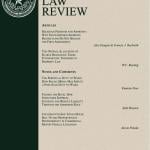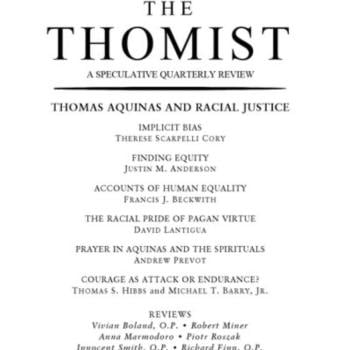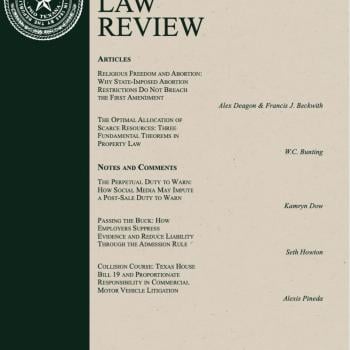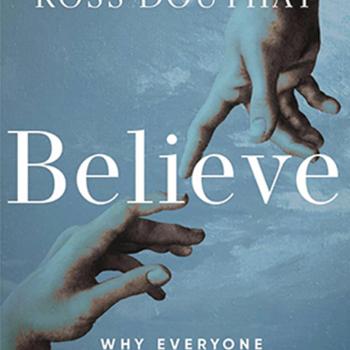Imagine that you make a fine salary employed by a multibillion dollar charitable organization whose purpose is to eradicate some horrible human malady or condition, e.g., cancer, heart  disease, poverty, etc. Suppose you were to succeed. But then you’re out of a job. To make matters worse, a lot of your funding comes from corporate donors whose products actually increase these maladies in their customers. Because of your “partnership” with these donors it may not be in your economic interest to testify at legislative hearings in support of laws that may interfere with your donors’ corporate profits, even though these laws are intended to protect citizens from the consequences of consuming what your donors produce.
disease, poverty, etc. Suppose you were to succeed. But then you’re out of a job. To make matters worse, a lot of your funding comes from corporate donors whose products actually increase these maladies in their customers. Because of your “partnership” with these donors it may not be in your economic interest to testify at legislative hearings in support of laws that may interfere with your donors’ corporate profits, even though these laws are intended to protect citizens from the consequences of consuming what your donors produce.
If you have followed me so far, you would understand why a representative of the American Heart Association (AHA) recently testified at a Texas legislative hearing against a bill (Senate Bill SB 379 ) that prohibits SNAP (Supplemental Nutrition Assistance Program) recipients from using this government benefit to purchase candy, potato chips, sugary drinks, sodas, and other forms of junk food. (See the Instagram post below). AHA’s corporate sponsors include General Mills, Inc., PepsiCo, Inc., and Kroger + Health (which sells the drugs needed to fight heart disease).
So this is the paradox of Big Charity: if you succeed in eradicating the human misery your organization was created to eradicate, you’ve also succeeded in establishing your own professional obsolescence.
View this post on Instagram













